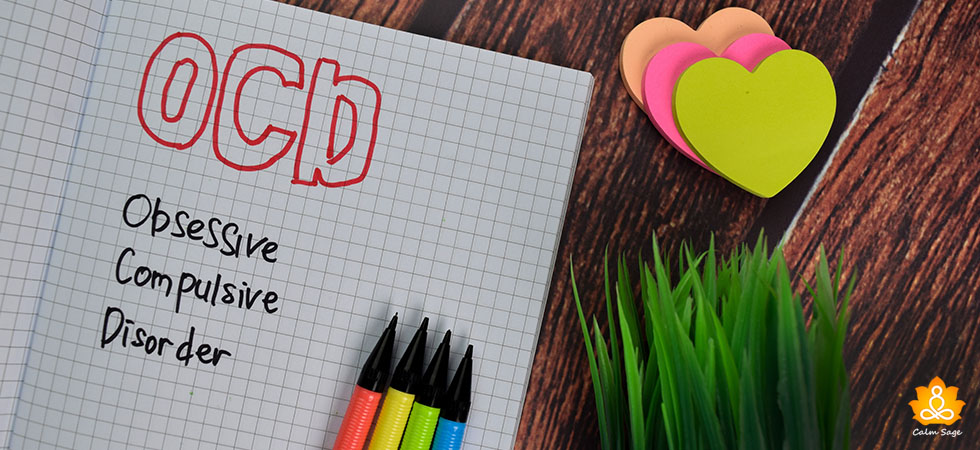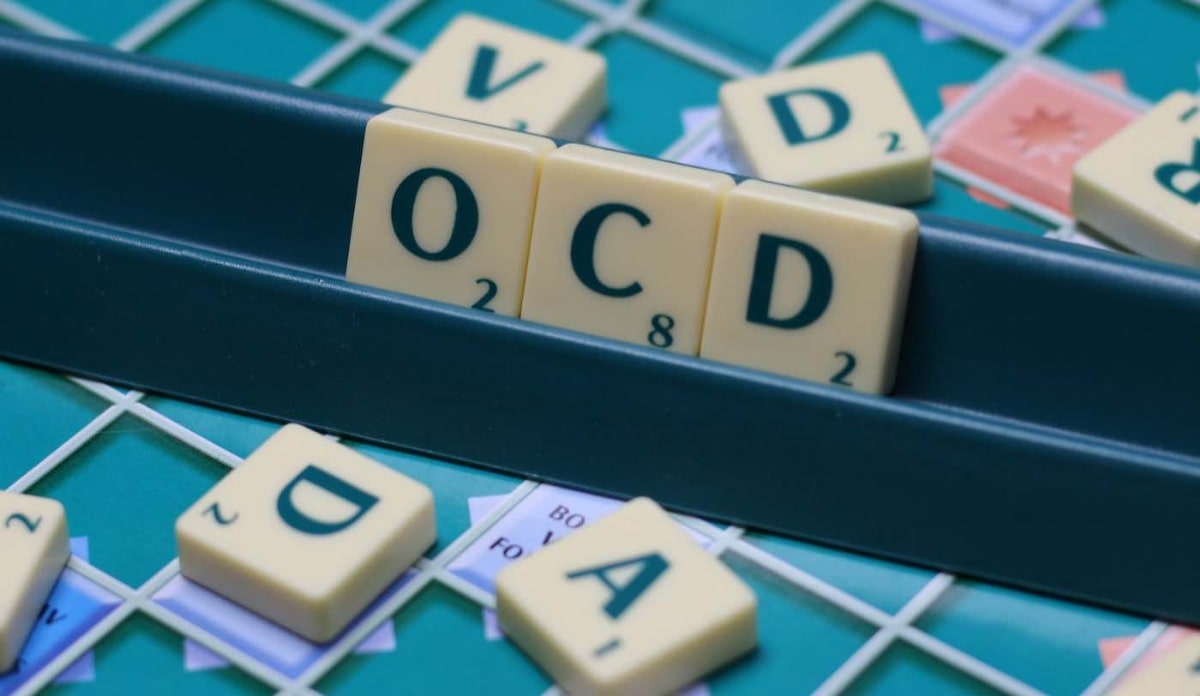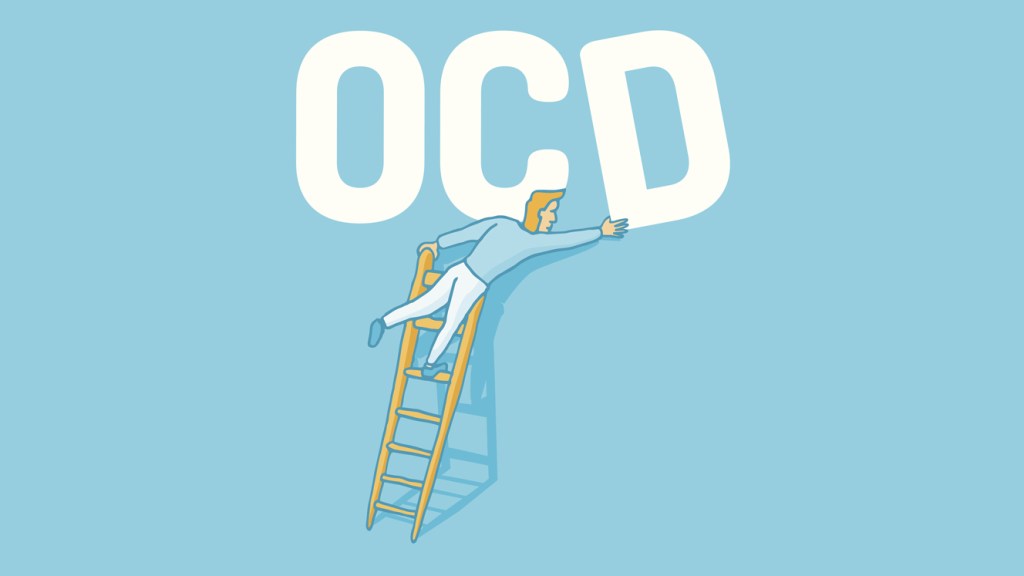Various Ways How Obsessive Compulsive Disorder Can Affect Your Life

For many, mental health is a constant struggle and amidst a global pandemic, the fear of contamination is large. The path to a healthy lifestyle is littered with roadblocks and barriers. The fear of contracting the deadly virus has led all of us to be as careful as ever. But for many of us, the compulsion to keep everything sanitize and protected has been there all along.
Obsessive-compulsive disorder is psychological anxiety that can affect many people in many different ways. OCD is a more complex form of a mental health problem that features a pattern of recurring unwanted thoughts, urges, and actions (obsessions) that lead to repetitive behavior (compulsion).
This fixation to compulsion can cause severe emotional distress and anxiety that interfere in the daily activities of a person. Any try to ignore the compulsion can only create more stress and anxiety. The range of obsessions can vary. For example, one may develop a ritual to check for a particular thing over and over, or one may have the urge to count while climbing stairs.
Shame, fear of being laughed at, or rejection of their illness can drive a person with OCD to isolate from society. A person with OCD cannot control excessive thoughts and urges and might spend most of their time thinking about their obsession. They might feel a brief relief after their compulsion but it wouldn’t be pleasurable. For some, it may just be a way to prevent an anxiety attack.

Symptoms Of OCD
Symptoms of OCD may either be severe or very mild, almost unnoticeable. They can affect and interfere in a person’s social and professional life. People may have symptoms of obsession or compulsion or both.
Symptoms of obsessions include:
- Fear of germs or contamination
- Recurrent unwanted or aggressive thoughts or urges
- Having things in symmetrical order
Symptoms of compulsion include:
- Excessive cleaning or washing of hands
- Arranging things in a particular way
- Repeatedly checking things, like locks on doors or switches
- Compulsive counting
Some people with OCD may have sudden repetitive movements, such as facial grimacing, grunting, shoulder shrugging, head jerking, finger twitching, throat clearing, or sniffling. People with OCD are more susceptible to substance abuse to help curb their disorder.

In the late 17th and 18th centuries, people with obsessive and compulsive tendencies were often regarded as blasphemous. The symptoms can be triggered by anything in a person’s vicinity. The drive to control a situation can drive a person to feel anxious and twitchy. The compulsions that follow the actions of obsessions are looked at as ways to relieve the lingering stress and anxiety.
Avoiding the drive of the compulsions reinforces the fear that starts the vicious cycle of OCD. Contamination is the most common type of OCD. An individual may obsess over being contaminated that would engage them in compulsions such as excessive hand washing or cleaning.
People with OCD have no control over their actions and thoughts and that can be, understandably, frustrating. To ease the distress caused, they might develop a ritual of sorts. Like, checking a lock three times or counting steps.
Words like ‘OCD’ and ‘obsessive’ are thrown around lightly. OCD is a debilitating disorder and not something casual. People with OCD suffer and are reluctant to seek help in fear of not taken seriously. People with OCD and crippling anxiety that come with it require a structured program to break down the cycle of repetitive actions and thoughts.
The life of a person can severely be affected by this disorder. The repetitive urges and actions can be distracting and create mental distress that can create a sense of urgency that may or may not be taken seriously.
Liking things neat and in perfect order does not mean that one has OCD. It might just be their way of lifestyle. Joking about OCD creates an unbreakable stigma that prevents people from getting the help they need.
When people say ‘I’m OCD’ is because they can relate to the symptoms of the disorder even if they are not diagnosed by it. Like most mental health issues, OCD is no laughing matter and is often taken casually.

Treatment For OCD
Living with OCD can be overtaxing and exhausting. OCD is treatable and all kinds of treatments are available.
1.Behavior Therapy
Cognitive-behavioral therapy is the first and the most sought out treatment of OCD. CBT included exposure therapy and response prevention. Exposure to things a patient fears or is compelled to fix helps curb anxiety and fear. Response prevention helps to remove the normal response a person has to a certain urge. CBT helps to address the thought process behind the fear of the patient.
The response to CBT or behavior therapy vastly depends on the extent of the patients’s dilemma.
2.Medication
Most doctors and health care professionals prescribe selective serotonin reuptake inhibitors (SSRIs) to patients with OCD. Medications take at least eight to ten weeks to start working. It is advised to medicate with therapy and under a physician’s approval.
3.Self-help
Change is often not easy for everyone. Stress can alleviate anxiety in a person with OCD. Physical and mental relaxation techniques can help. Meditation and yogic practices can help breathe through the panic.

Coping with any kind of social and emotional anxiety is not easy. If you or your loved one seems to have symptoms of OCD, ask yourself, “what can I do”
The first step to identifying any mental health problem is to acknowledge and understand it. Read and learn more about the condition and reach out to a professional.
You don’t have to learn to control your actions, you need to not let them control you.
Stay healthy! Stay positive!
You Might Like These Also:
Complete Guide to Obsessive Compulsive Personality Disorder (OCPD)





















Wow. That is an eye opener.